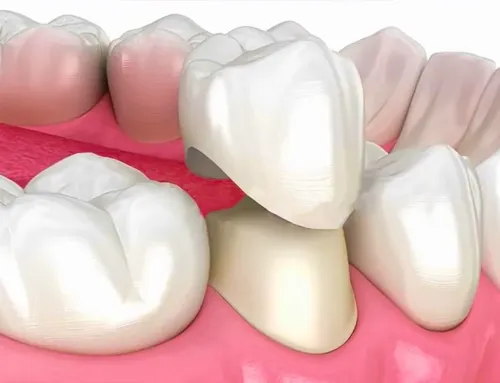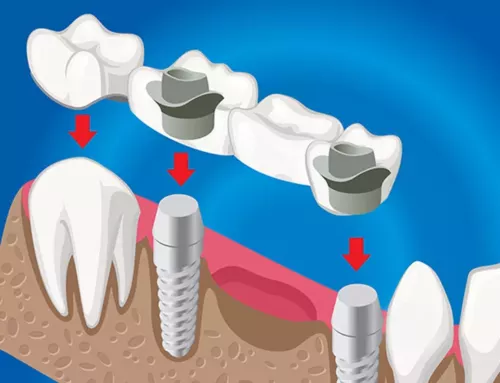Cavities, sometimes referred to as dental caries or tooth decay, are a common oral health problem that impacts individuals of all ages. They may result in pain, discomfort, and more serious tooth issues if neglected. It’s critical to comprehend how cavities develop and identify their symptoms. General Dentist Near Ashburn will dive into the realm of cavities, looking at their causes, symptoms, and—most importantly—how to treat and prevent them to eliminate them.
What Are Cavities?
Dental caries, another name for cavities, are patches of decay that develop on the outside of teeth. They appear when bacterial plaque, a sticky film, accumulates on the teeth. The sugar and carbohydrates in your diet are broken down by the bacteria in plaque, creating acids that erode tooth enamel. Tiny holes are created, and if not treated on time, they will continue to enlarge and cause pain, suffering, and possibly even tooth loss.
How Do Cavities Form?
Because food particles and plaque can accumulate in the grooves, pits, and fissures of teeth, cavities usually develop there. Particularly vulnerable areas include the tongue-side surfaces of the upper front teeth and the chewing surfaces of the back teeth. Cavities begin as little white spots on teeth and progress into the dark.
What Are the Symptoms of Cavities?
Cavities may not exhibit any symptoms at all in their early stages. Common indications that enlarge are as follows:
- Sensitivity to hot, cold, or sweet meals or tooth pain
- Any kind of toothache, from moderate to severe.
- Discolorations on teeth
- Visible holes or pits in teeth
- Pain when chewing
Why is it Important to Treat Cavities?
Early cavity treatment is essential for maintaining the integrity of the tooth structure and halting more damage. Rapid penetration of decay into the inner layers of teeth might result in irreversible pulp inflammation and nerve damage. Early cavity treatment with crowns or fillings avoids future dental problems, needless discomfort, and expensive root canals or extractions.
Cavity Treatment Options
Fluoride Treatments: Fluoride helps stop early decay and remineralize compromised enamel. It is possible to apply topical fluoride in the dentist’s office.
Fillings: To stop decay from spreading, dentists remove damaged tissue and then use metal amalgam or composite resin fillings to close the hole.
Crowns: If the tooth structure has sustained significant damage, a tooth-colored crown may be placed over it to shield it.
Root canals: To remove the infected pulp and preserve the tooth, you could require a root canal if decay has reached the pulp.
Tooth Extraction: If a tooth is beyond repair, it may need to be extracted due to severe damage. Teeth can be replaced with bridges or implants.
Prevention of Cavities
Maintaining proper dental hygiene is essential to averting cavities initially. Suggested actions comprise:
Good oral hygiene – Use mouthwash containing fluoride to fortify enamel.
Fluoride toothpaste and mouthwash – Use fluoride toothpaste and give your teeth a thorough twice a day. Remember to floss every day.
Limiting sugary foods and drinks – Instead of soda or fruit juices, have milk and water.
Seeing your dentist regularly for checkups and cleanings – Limit starchy and sugary foods and drinks as they promote the growth of plaque bacteria. To detect deterioration early on, schedule routine cleanings and exams at your dentist.
Take Action Today for a Cavity-Free Smile! Schedule Your Dental Checkup Now!
You can reduce your risk of cavities by controlling what you eat and drink and by practicing good dental hygiene. Keep a close eye on your dental health to ensure that any early decay is identified and treated right away to prevent needless dental procedures. Collaborate with your dentist at Broadlands Family Dentistry in Ashburn to avoid cavities and maintain strong, healthy teeth for the rest of your life.




Leave A Comment